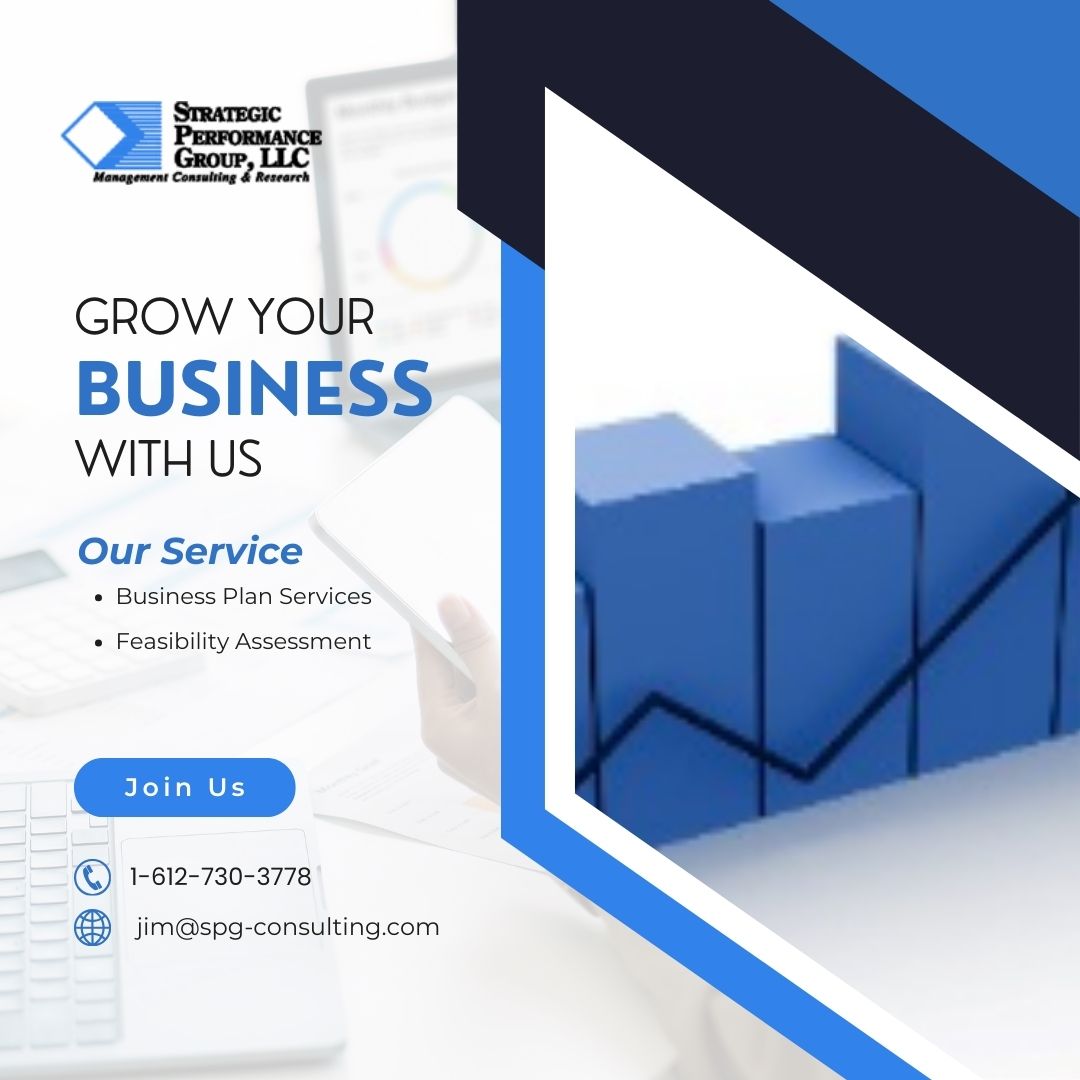
The United Arab Emirates (UAE) stands as a beacon of innovation and economic opportunity in the Middle East. With a thriving business environment, strategic location, and ambitious government initiatives, the UAE beckons entrepreneurs and established companies alike. However, for any business venture to flourish, a strong foundation is essential. This is where a comprehensive feasibility study becomes your blueprint for success.
While financial viability is a core component, a truly successful feasibility study in the UAE delves deeper. It explores the intricate tapestry of market dynamics, operational considerations, and long-term strategies to ensure your business thrives beyond just the initial launch. Here, we explore 10 crucial factors that should be woven into your feasibility study for a robust and sustainable business in the UAE.
Understanding the UAE Market Landscape:
1. Economic Diversification: The UAE is actively transitioning towards a knowledge-based economy, with a strong focus on fostering sectors like technology, tourism, and renewable energy. Aligning your business with these focus areas can provide a significant edge. Research government initiatives and identify potential synergies between your venture and these strategic sectors.
2. Strategic Location: Dubai, a prominent emirate, boasts world-class logistics infrastructure and serves as a gateway to a vast region encompassing the Middle East, Africa, and South Asia. Capitalize on this strategic advantage by considering your target market's reach and potential for regional expansion during your feasibility study.
3. Government Regulations: The UAE offers a relatively streamlined business setup process compared to some regional counterparts. However, regulations can vary across the seven emirates. Conduct thorough research into licensing requirements specific to your industry and any relevant compliance considerations. Partnering with a local business setup consultant can provide valuable insights and ensure a smooth launch.
Beyond Financial Viability: Key Considerations
4. Market Demand: Financial projections are crucial, but a feasibility study goes beyond just the numbers. Conduct in-depth market research to assess the demand for your product or service within the UAE. Analyze existing competitors, pricing strategies, and consumer preferences. Identify any gaps in the market your business can address.
5. Operational Feasibility: Can your business function effectively within the UAE's infrastructure and legal framework? Consider factors like availability of skilled labor, raw materials, and real estate options that suit your operational needs. Research potential free zones within specific emirates that offer tailored incentives and business support.
6. Social and Cultural Considerations: The UAE boasts a rich cultural heritage and a diverse population. Understanding these aspects is crucial for long-term success. Ensure your business practices and offerings are culturally sensitive and align with local values. Simple things like respecting religious holidays and adapting marketing materials for a multilingual audience can go a long way.
Building a Sustainable Business Model
7. Innovation and Technology Integration: The UAE is a hub for cutting-edge technologies. Explore how technology can enhance your business model for greater efficiency and customer reach. Whether it's leveraging e-commerce platforms, automating operations, or utilizing big data for market insights, embracing technology positions your business for future growth.
8. Environmental Impact: The UAE has ambitious sustainability goals. Consumers are increasingly environmentally conscious. Consider your business's environmental footprint and explore eco-friendly practices or products that resonate with these emerging trends. Sustainable practices can also translate into cost savings and positive brand recognition.
Long-Term Success Strategies
9. Government Support Programs: The UAE government offers various incentives and support programs for businesses in specific sectors. Research these programs through resources like Invest in the UAE and identify any that could benefit your venture. These programs can range from tax breaks to subsidized office space, providing a valuable boost to your bottom line.
10. Exit Strategy: While not the most optimistic element, having a clear exit strategy demonstrates long-term planning and can be attractive to investors. Consider potential future partnerships, mergers, or even an eventual IPO (Initial Public Offering) depending on your long-term vision. A well-defined exit strategy instills confidence in your business's long-term viability.
Conclusion:
By incorporating these 10 factors into your feasibility study, you'll gain a comprehensive understanding of the UAE market landscape and the intricacies involved in establishing a successful business. Utilize the provided resources and conduct in-depth research to ensure your venture is not just financially viable, but also culturally relevant, operationally sound, and strategically positioned for long-term success in the dynamic and ever-evolving business environment of the United Arab Emirates. Remember, a well-crafted feasibility study is your roadmap to navigating the exciting possibilities that the UAE presents.

































